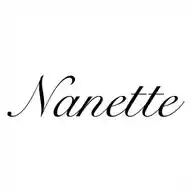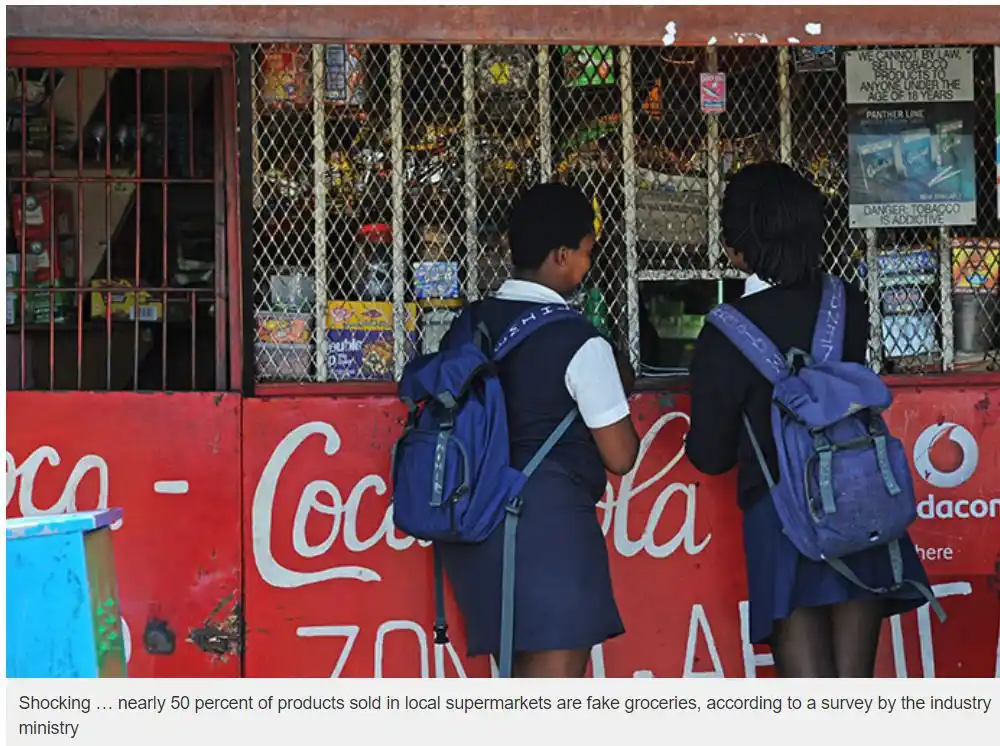
Kariba Fresh Fish & Matemba
7.8K subscribers
About Kariba Fresh Fish & Matemba
MATEMBA ~ +263 712 079 483 Saga - $175 3 Buckets - $95 2 Buckets - $63 1 Bucket - $32 Fresh fish - $2.7/kg Dried fish - $5/kg Call/Inbox your orders
Similar Channels
Swipe to see more
Posts

We use our refrigerated trucks for deliveries

‼️ Saga re Matemba rine 6 Buckets ‼️ Saga rinobuditsa 360 - 390 Cups dzema $1 ‼️ Bucket re Matemba rinobuditsa 60 Cups dzema $1 ‼️ Bucket re Madora/Mathlimbi rinobuditsa 55 Cups dzema $1

MATEMBA Saga - $175 3 Buckets - $95 2 Buckets - $63 1 Bucket - $32 Fresh fish - $2.7/kg Dried fish - $5/kg Roasted fish - $30/bucket Madora/Macimbi - $30/bucket Our prices are transport fee inclusive

*OK Zimbabwe sacks senior managers in bid to revive struggling retail giant* HARARE – OK Zimbabwe Limited has overhauled its executive leadership as part of what it says is an urgent restructuring effort to stabilize the business amid mounting operational challenges. The company has parted ways with Chief Executive Officer Maxen Phillip Karombo, Chief Financial Officer Phillimon Mushosho, and Supply Chain Director Knox Mupaya through voluntary separation agreements. Willard Zireva (CEO), who retired in 2017, returns to helm the company alongside Alex Siyavora (CFO), his successor who led OK Zimbabwe until 2021, and Muzvidzwa Richard Chingaira (Supply Chain Director). The trio has been tasked with steering the retailer’s turnaround over the next six months as the board searches for permanent replacements. The board acknowledged the contributions of the outgoing executives and expressed confidence that the new leadership team would steer the retailer toward recovery. The restructuring exercise comes as OK Zimbabwe Limited, in a recent trading update said it is working to restore normal stocking levels before the end of the financial year through new procurement models and support from supplier partners and financial institutions. The company has previously said the fortunes of Zimbabwe's formal retail sector are tied to exchange rate stability. In that light, OK Zimbabwe welcomed the recently announced monetary policy measures, which removed some limitations and introduced greater flexibility in the foreign exchange market but called for absolute clarity on the roadmap towards a full market-determined exchange rate system. OK Zimbabwe reported a 36% decline in revenue for the third quarter ended 31 December 2024, attributing the drop to subdued consumer spending, currency devaluation, and supply chain disruptions. The company faced acute local currency liquidity shortages, which restricted access to funding for working capital cycles. A sharp devaluation of the Zimbabwean dollar (ZWG) in September 2024 nearly doubled the group’s US dollar-denominated obligations in loans and creditor balances. Stock availability dropped to around 50% of normal levels due to limited supplies from manufacturers and distributors. The company reported that low US dollar sales collections, at times as low as 20% of sales revenue, exacerbated supply challenges. Suppliers continued to insist on shorter trading terms and, in some cases, prepayments for supplies invoiced in local currency, the retail giant said in a recent trading update. This strained the group's working capital and increased reliance on short-term funding. Power outages further disrupted operations and increased costs. In response, OK Zimbabwe closed four branches in Harare—Glen Norah, Kuwadzana 5, Chitungwiza Town Centre, and Robson Manyika Street. Despite the quarterly decline, the group recorded a 10% year-to-date volume growth compared to the previous year. The company remains in consultation with fiscal and monetary authorities and continues to engage supplier partners and financial institutions to stabilize operations.

*Half of stock sold in Zimbabwean tuck shops are fake goods – ministry official* _Cheap in the pocket but expensive to health, says ministry boss in plea to Parliament_ HARARE – Nearly 50 percent of groceries seized from tuck shops and vending stalls during the ongoing blitz against counterfeit and smuggled goods in Zimbabwe have been tested to be fake and a potential health hazard, a top official with the country’s industry ministry has told parliament. Giving oral evidence before Parliamentary Portfolio Committee on Industry and Commerce on Tuesday, chief director for commerce in the Ministry of Industry and Commerce, Douglas Runyowa said the proliferation of counterfeit products in Zimbabwe has reached alarming levels. “Most of what we have seen in the informal sector is quite shocking, and in our awareness programmes, we are saying it might be cheap but it’s coming at an expense to your health, because we cannot guarantee what is not there. “Our health authorities have not certified some of those goods safe and fit for human consumption, hence we really need to intensify our efforts through an all-stakeholder approach and its a fight that would also be needed for our portfolio committee to help us intensify, because really what is out there is quite scary,” he said. Runyowa told the legislators that a recent survey conducted by the ministry revealed that 50 percent of goods sold in informal retail shops do not meet the required standards. “I would like to, not to scare you, but to advise you that we recently carried out a survey with the Standards Association of Zimbabwe where we went and bought products from the shelf and took them for testing and compared what was written in the results; 50 percent of the products did not comply. You can actually see fake Vaseline, fake flour, fake rice, fake toothpaste, and this is an alarming rate,” he said. The ministry official said the blitz, which began last year, has been successful. “You will be aware that over the last quarter, going back to October, there has been intensified blitz against counterfeit goods, against smuggled goods, so much so that even this afternoon we are actually destroying about four tonnes of goods that were actually confiscated during that practice, to ensure that we remove them from the shelves, because we cannot guarantee our people that they are actually consuming safe goods,” he said. He appealed for parliament’s support in the fight the rot. “We want to also join hands with you in this particular fight, which we have really intensified from our side as a ministry,” he said. The proliferation of both informal traders of groceries and the products themselves has seen formal retail shops such as big supermarket chains suffer business losses as locals turn to the spaza shops to acquire their goods. Some of the retail shops have since closed shop or reduced their operations following competition from the informal sector.

📌 - FRESH FISH 📍- ESTIMATED QUANTITY PER KG - Large Size (1 or 2) Medium (3 or 4) Small (4 or 5) 📌 DRIED FISH 📍 - ESTIMATED QUANTITY PER KG Small - (8 or 9) Medium - (6 or 7) Large - (3 or 4)




![[INA GO] 1320zip Update WhatsApp Channel](https://cdn1.wapeek.io/whatsapp/2025/02/26/17/ina-go-1320zip-update-cover_d60c7c0f25893730b70b6d009ecfdd27.webp)









